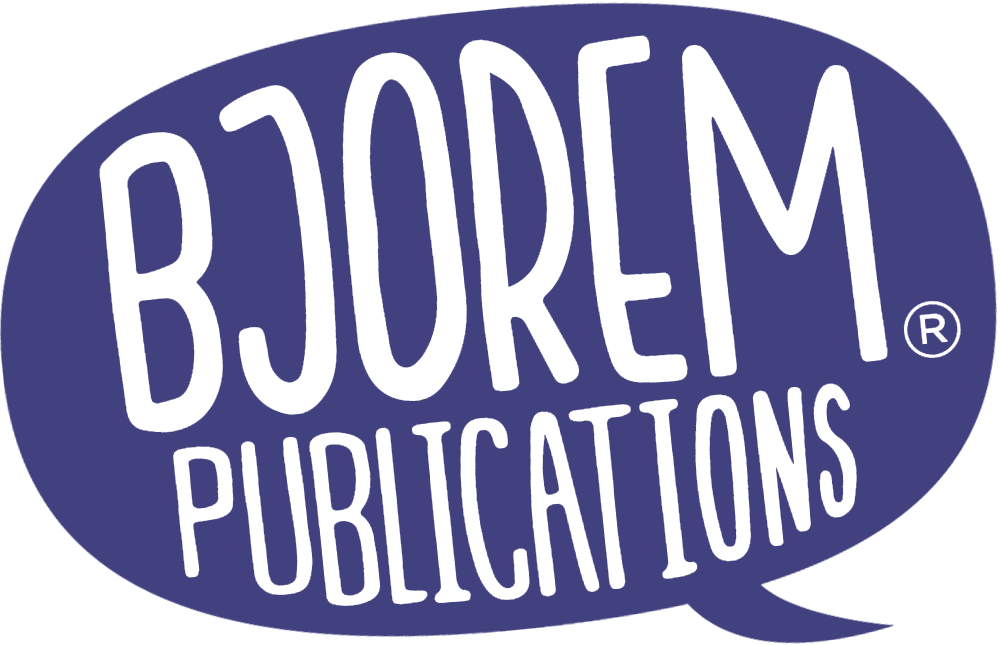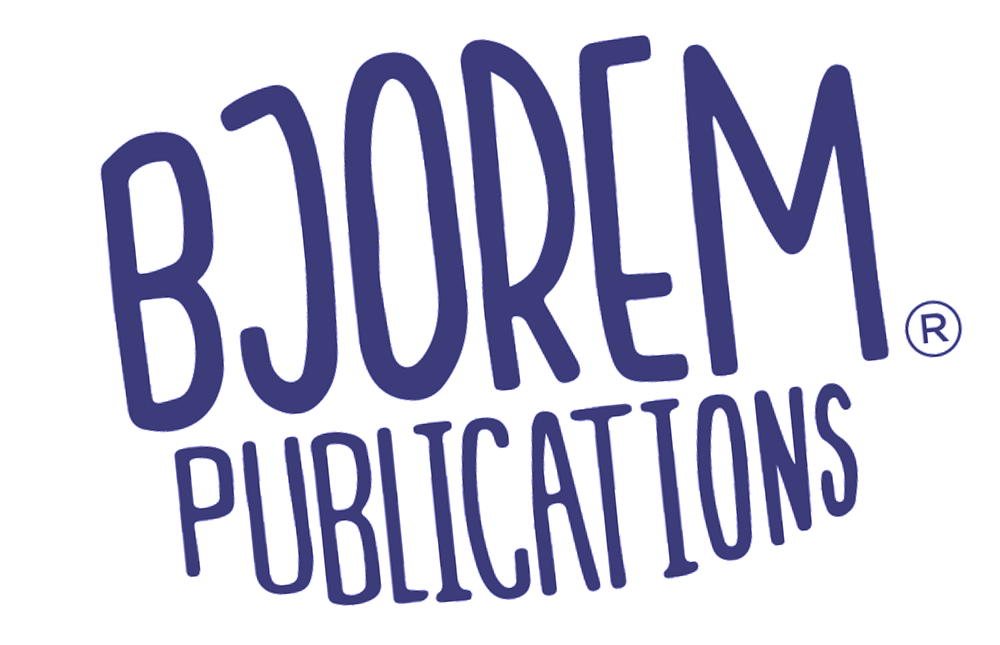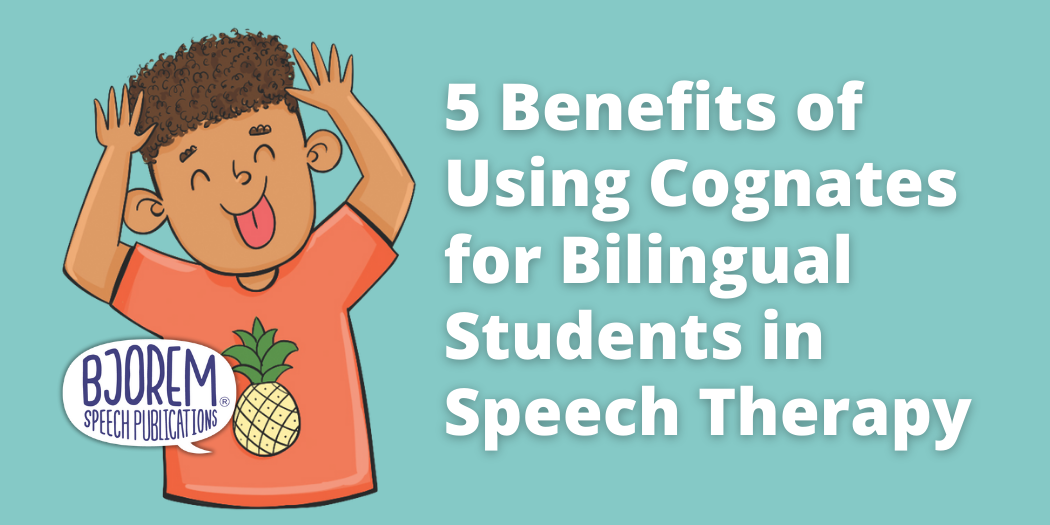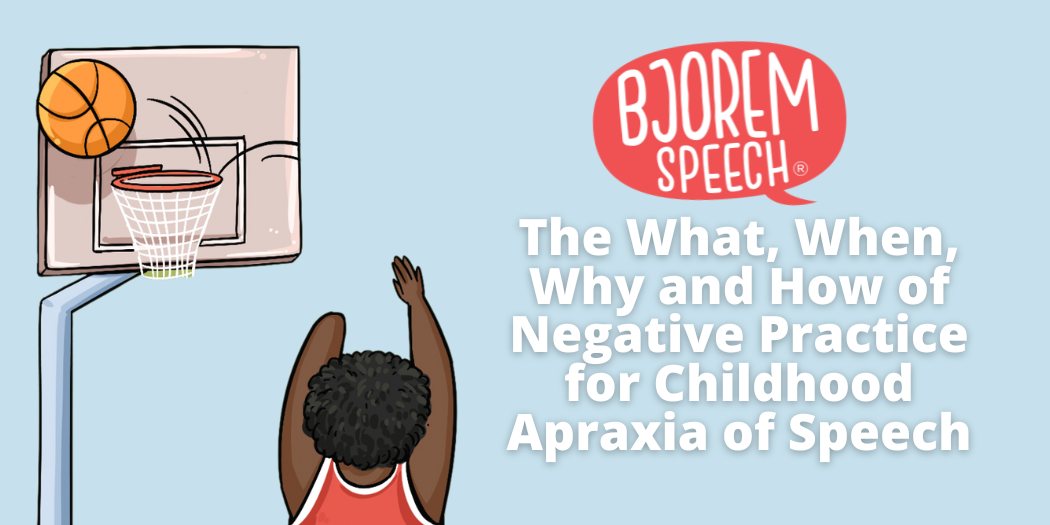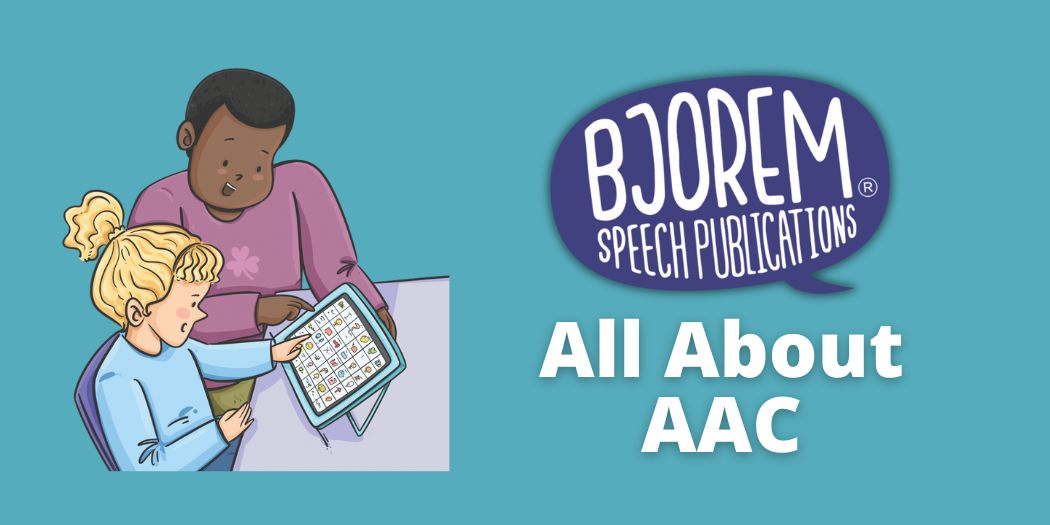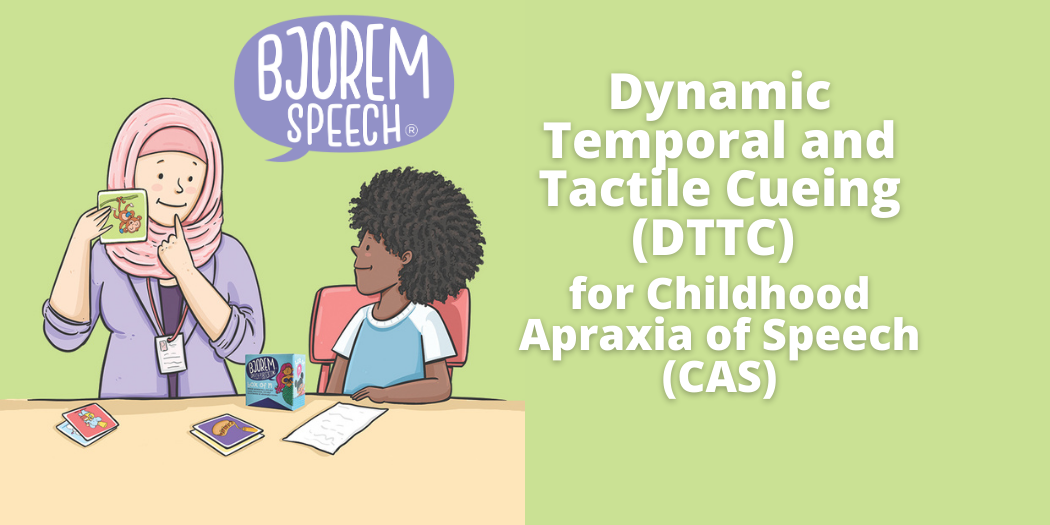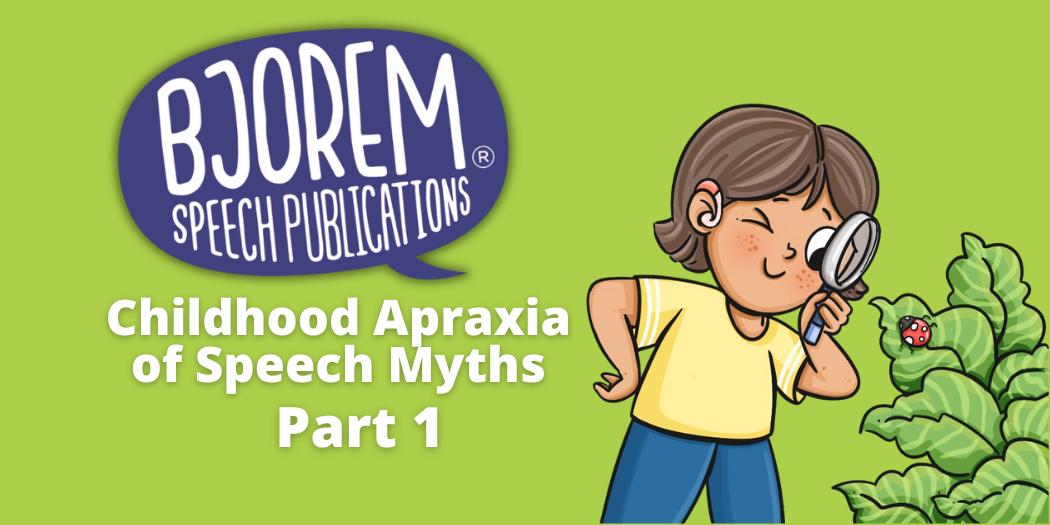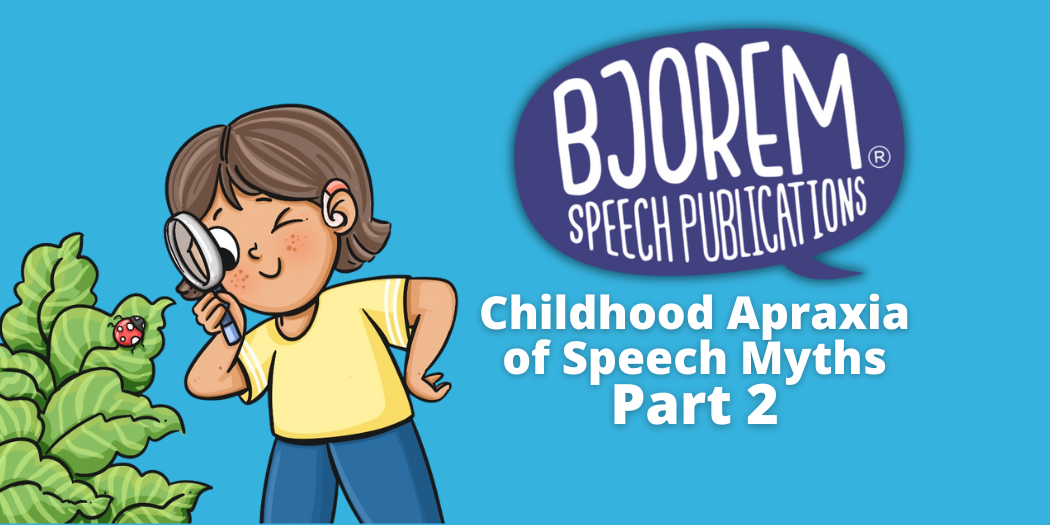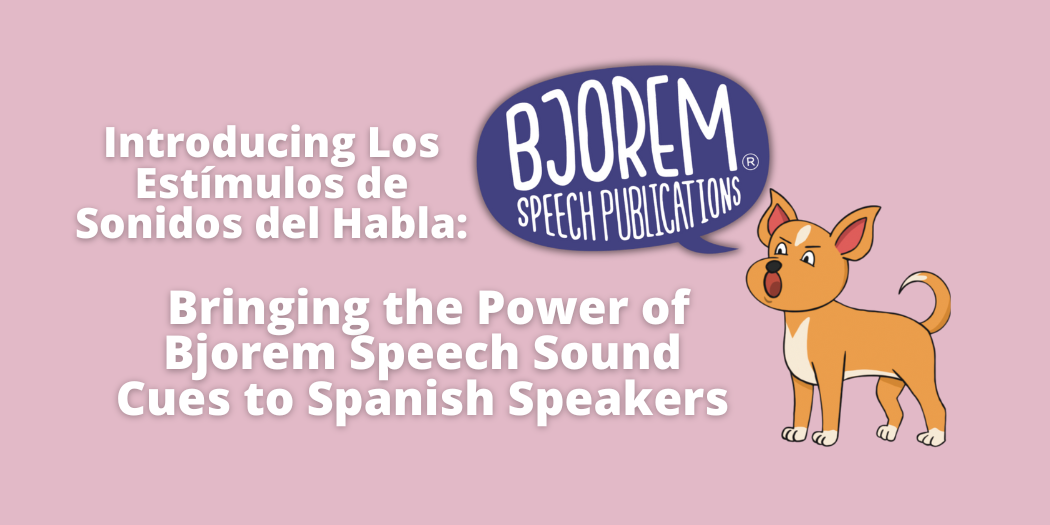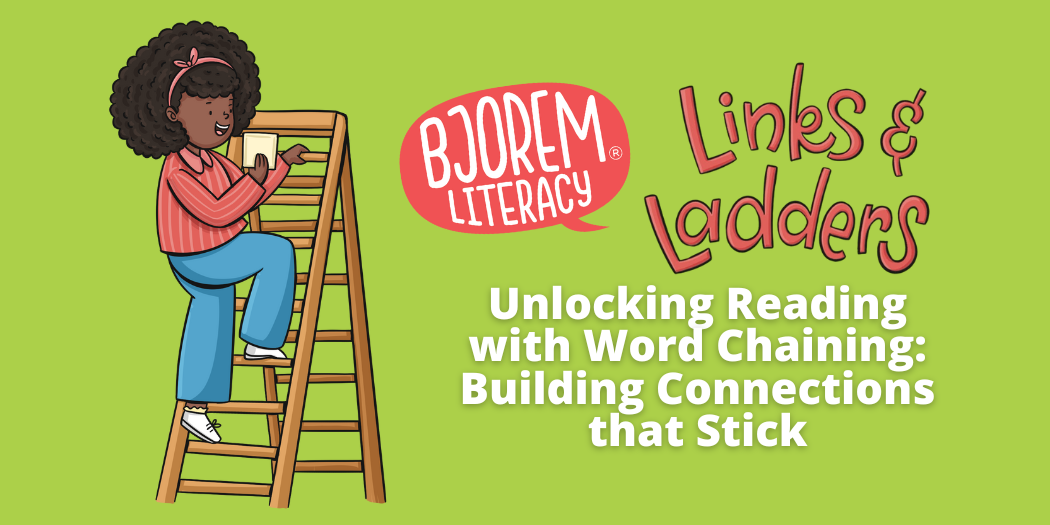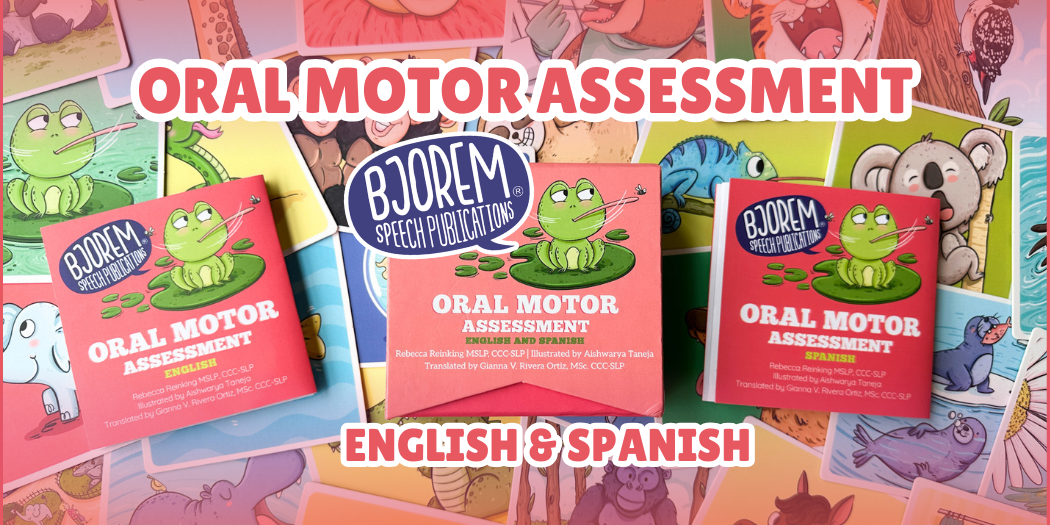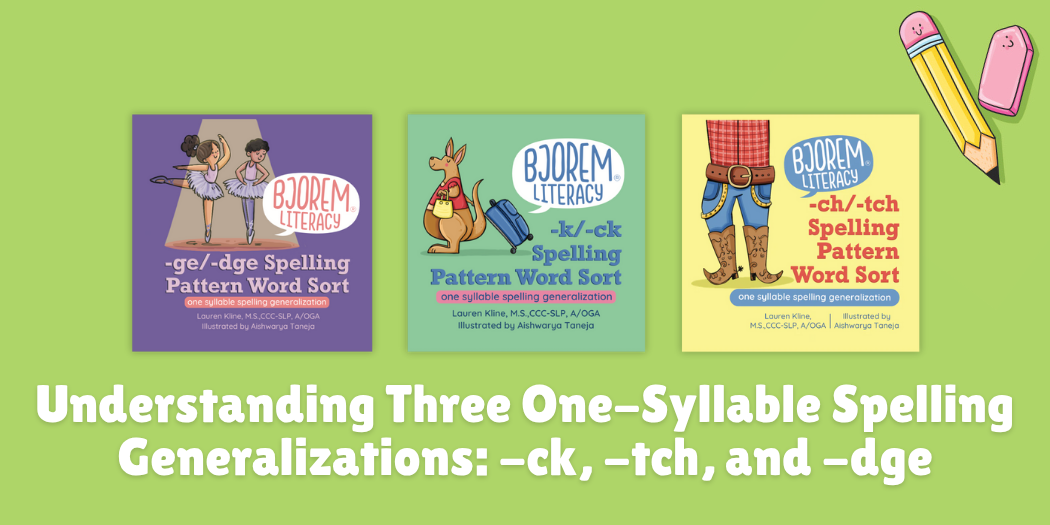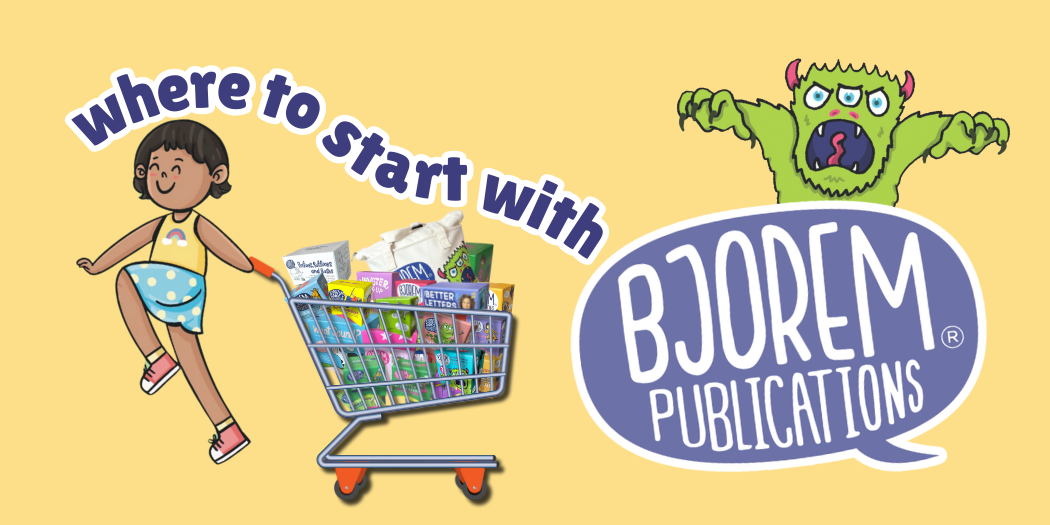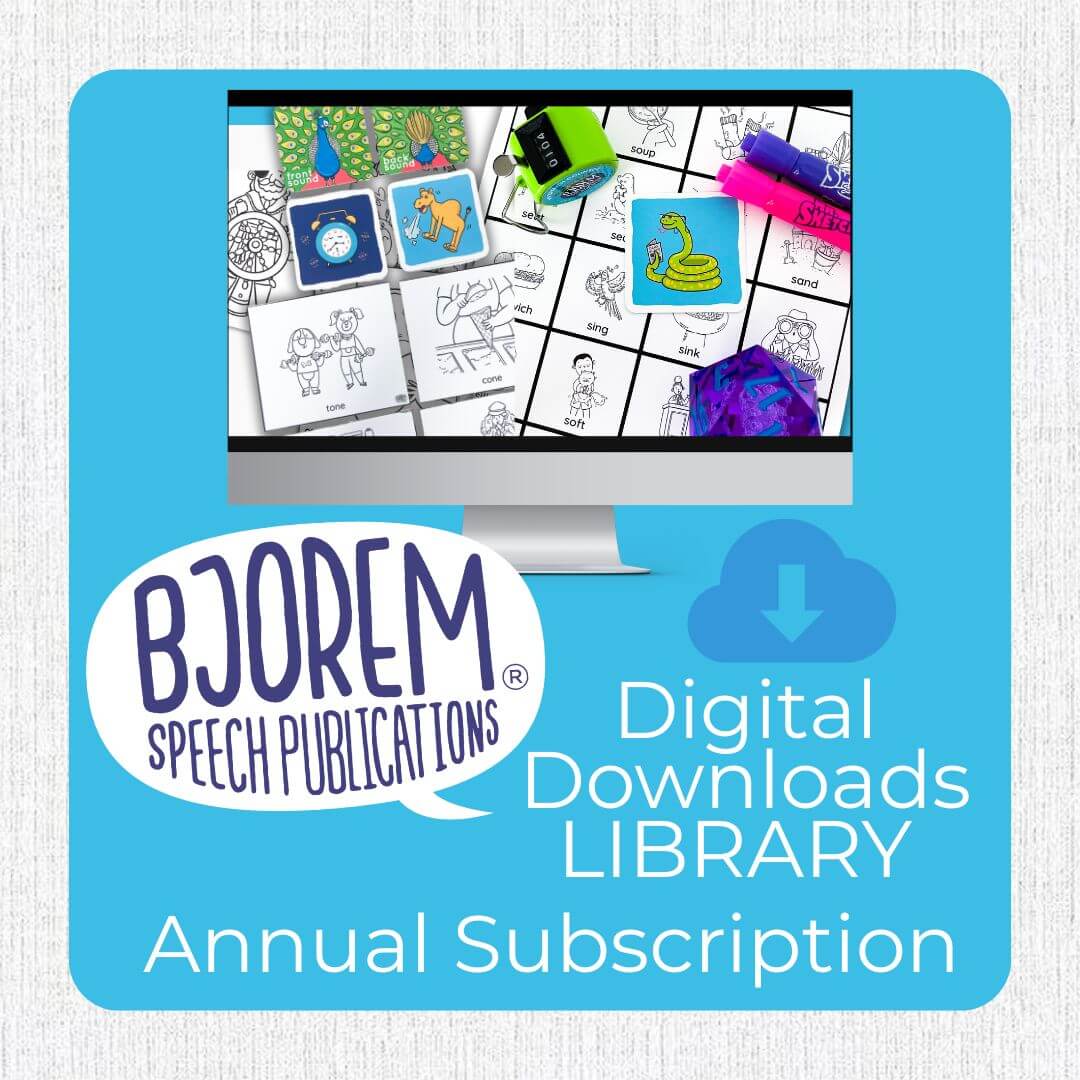Working with bilingual students can be tricky, but don’t fear! You can utilize the power of cognates to support both students and clinicians alike during speech therapy sessions. Wondering what a cognate is? Cognates are words with similar meanings and similar linguistic roots in different languages. For example, in Spanish, carro and car or yogur and yogurt. In this blog post, we'll discuss five compelling benefits of integrating cognates into your speech therapy sessions with bilingual students.
1. Cognates Facilitate Vocabulary Building
Cognates provide a natural way for bilingual students to expand their vocabulary relatively effortlessly. Recognizing similarities between words in their native and target languages allows them to quickly grasp new concepts and articulate their thoughts with greater ease. This not only accelerates the learning process but also boosts the student's confidence in expressing themselves. Be aware, however, that false cognates (words that sound similar, but do NOT mean the same thing) also exist. For example, carpeta in Spanish does not mean carpet (it means folder).
2. Cognates Help Foster Cultural Connection
Incorporating cognates provides an opportunity to celebrate the cultural richness associated with language. It also, perhaps more importantly, avoids constraint-based approaches, fostering support of both languages, rather than only L2 (the new language being acquired). This is an easy way to place emphasis on the value of L1 (the child's first language) and maintain the cultural richness and importance the child's native language deserves.
3. Cognates Can Boost Confidence and Motivation
Learning a second language can be tricky. Success in language learning is a powerful motivator. As bilingual students recognize the effectiveness of using cognates, their confidence in language expression can grow. This positive reinforcement creates a cycle of motivation, inspiring students to actively participate in speech therapy activities, even when difficult.
4. Cognates Empower Clinicians (just as much as students!)
You might wonder, especially if you are a monolingual SLP, how you can help your bilingual students. While cognates can certainly help the student who is learning another language, they can also empower monolingual SLPs to provide effective therapy and with increased confidence! Cognates can be every bit as beneficial to the clinician as they are to the student.
5. Facilitating Smooth Transitions Between Languages
Learning a new language is hard. Cognates help to make the process of second language acquisition easier and more fluid. Cognates act as linguistic bridges, facilitating smoother transitions between L1 and L2.
Want to embrace the power of cognates in your speech and language therapy or in your classroom? Check out these bilingual Spanish-English cognate decks by Bilingual Speechie!
Want to learn more about cognates and supporting bilingual students? Click here to check out this FREE recorded live with Liliana Vasquez, bilingual speech-language pathologist.
